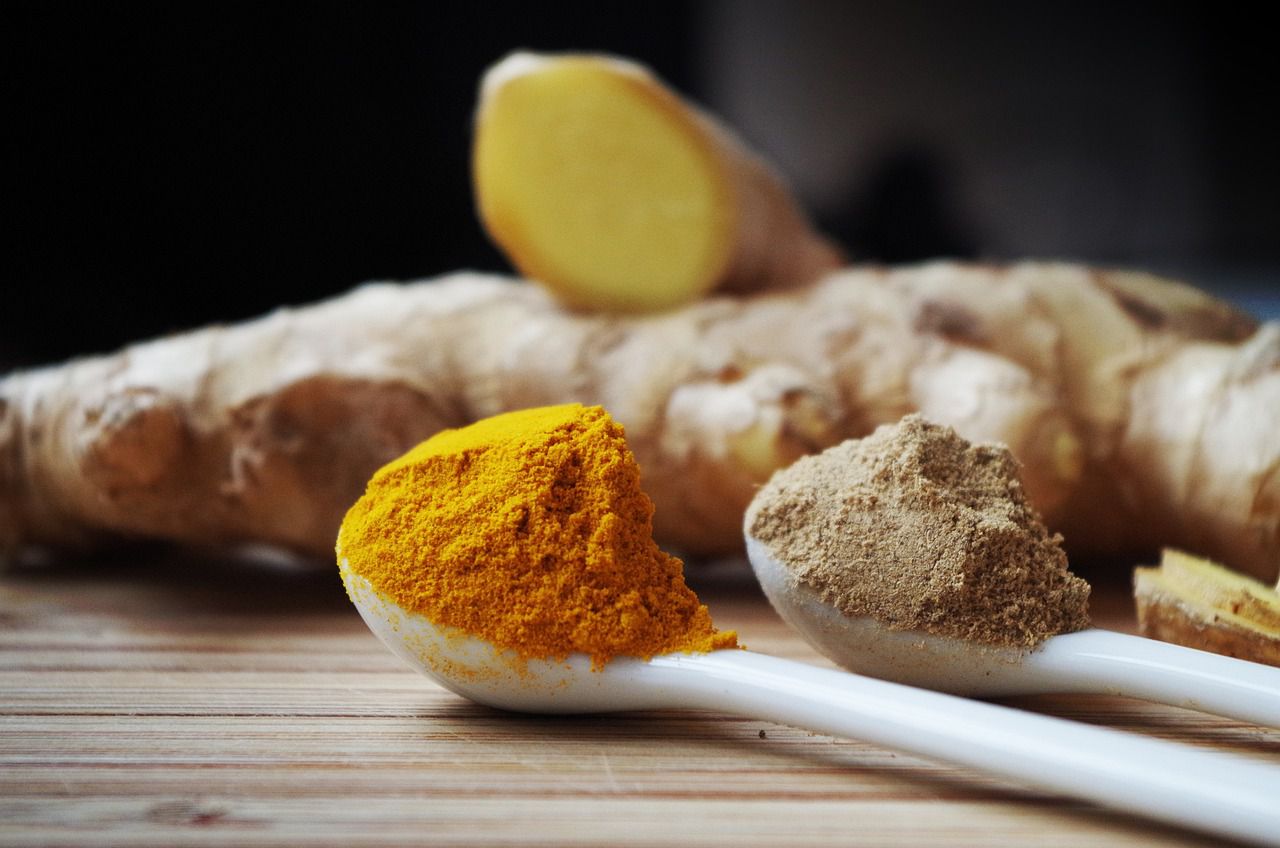While spices can add flavor, aroma, and depth to various dishes, not all spices are suitable for everyone's taste preferences, dietary restrictions, or health considerations.
Some spices may be too intense, allergenic, or have specific effects on certain individuals. Here are some reasons why certain spices might not be suitable for everyone.
Heat and Intensity
Some spices, like chili peppers and hot peppers, can add intense heat and spiciness to dishes.

Not everyone enjoys or tolerates such heat levels, and some people might find these spices too overwhelming for their taste buds.
Allergies
Certain spices, such as mustard, sesame seeds, and celery seeds, can trigger allergic reactions in susceptible individuals.
Digestive Sensitivity
Spices like garlic, onions, and cruciferous spices (like cumin, coriander, and fennel) can cause digestive discomfort for some people, leading to bloating, gas, or indigestion.
Health Conditions
Individuals with certain health conditions might need to avoid or limit specific spices.
For example, people with gastroesophageal reflux disease (GERD) might need to avoid spicy spices that can exacerbate symptoms.
Pungency
Spices like cloves, nutmeg, and cinnamon have a strong flavor profile that might not suit everyone's palate.
Excessive use of these spices can overpower other flavors in a dish.
Cultural and Regional Preferences
Some spices might be unfamiliar or unappealing to individuals from different cultural backgrounds.












